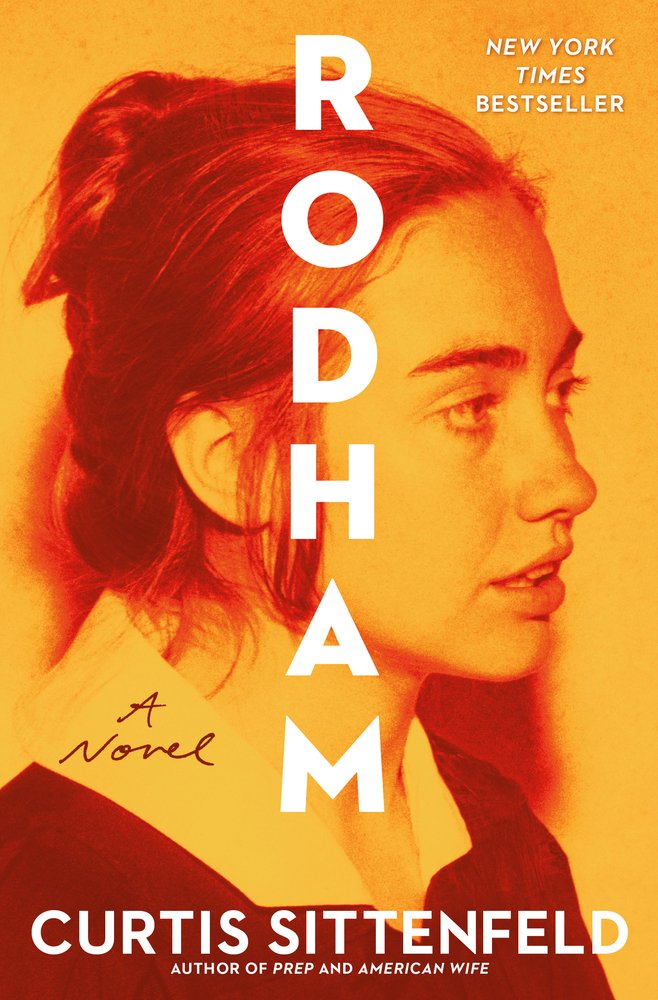'Rodham' Is a Frustrating But Fascinating Look at an Alternate-Universe Hillary Clinton
Curtis Sittenfeld's new book imagines Hillary's life without Bill—but it turns out a liberated Rodham still isn’t an open one.
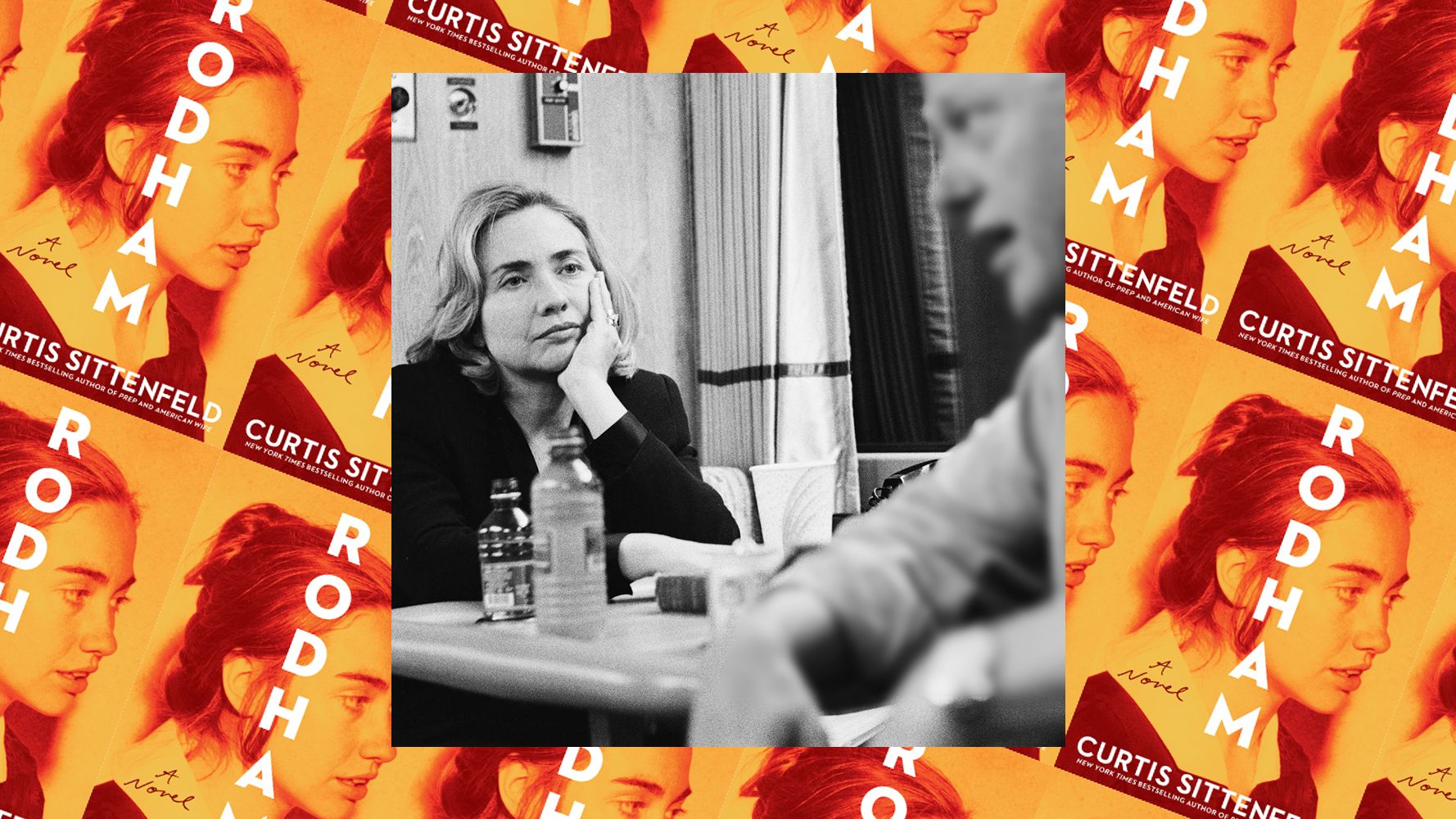
Of the many criticisms that have been hurled at Hillary Rodham Clinton over the years, not all have been fair (her voice isn’t “shrill,” it’s female) and plenty have been flat-out false (Pizzagate, anyone?). But even her biggest fans can’t argue that the politician often has trouble coming off as real. No matter how many #throwback photos she posts on Instagram or joke-filled tweets she fires off, Clinton has always seemed inscrutable—even the recent Hulu docuseries, Hillary, couldn’t break the invisible wall between her internal self and the person she presents to the world. So the idea of Rodham, Curtis Sittenfeld’s new novel told from the (fictional) point-of-view of its titular heroine—with the premise that she never married Bill—is captivating. Who wouldn’t want to finally learn what motivates the most famously enigmatic woman on earth? Yet while the book is unquestionably compelling, it won’t leave you with any more understanding of what makes Hillary Hillary.
Spanning more than 45 years, from its protagonist’s days at Yale Law School to the events of 2016, the novel imagines a universe where Rodham (as she’s known in this alternate universe) isn’t permanently tied to Bill Clinton, in both the eyes of the law and millions of Americans. They do date and fall deeply in love—an area in which Sittenfeld excels at writing, as she did so memorably in previous books like Prep and the Laura Bush-reimagining, American Wife. The author depicts romance through both R-rated detail (Bill, naked on the sax!) and moving vignettes (a scene where Bill defends her from her father’s casual cruelty is a highlight). Eventually, though, Clinton’s consistent cheating leaves Rodham at a crossroads. Does she stay with the man she adores, ignoring his affairs—not to mention, a sexual assault claim by his former volunteer—and stand by his side while he pursues his political dreams? Or does she leave him and start life anew, free of his harmful association but possibly, painfully, permanently alone?
Of course, the real Rodham stayed, going on to marry Bill Clinton (who has denied all allegations of sexual misconduct), have Chelsea, and achieve an incomparable career that’s both soared and faltered, due, in part, to the baggage of being Bill’s wife. Whether she’s happy with her choices or regrets not walking out the door back in the ‘70s, we’ll likely never know, but for 432 pages, Rodham lets us relish in the “what if?” of it all. And for the most part, it’s lovely; we watch as Rodham uses her political wits and unquestionable brilliance to go from law professor to Senator to presidential candidate (I won’t spoil what happens next). The journey isn’t easy—like her real-life counterpart, Rodham constantly deals with sexist comments and an “unlikable” reputation, in addition to her fair share of mistakes—but it’s certainly inspiring, and, more importantly, entirely her own. Yes, she still makes that infamous “I suppose I could have stayed home and baked cookies” comment, but this time, it’s while defending her own run for president, not her time as a young working wife and mom. In Sittenfeld’s world, Rodham is in charge, if not always of her political destiny, then at least of how, when, and why she goes after her dreams.
That said, even a liberated Rodham isn’t actually an open one. Time and time again, readers witness major moments in her life—the break-up with Bill, her Senate election, the death of a friend—as nothing more than observers, despite the book’s first-person narration. When Clinton first cheats on Rodham during a summer in California, she notes her “shock and distraughtness,” but a few pages later, she’s back to dutifully detailing their life together in New Haven. “Geography had seemed to contain the sorrow and conflict, allowing us to leave them behind,” Rodham says, but her hidden inner life isn’t just about compartmentalizing. Take Clinton’s proposal, right before he’s set to head to Arkansas to start his political campaign; Rodham declines, telling him that the combination of marriage and a cross-country move would be too much of a compromise, yet the conflicting emotions supposedly weighing on her barely reach the surface.
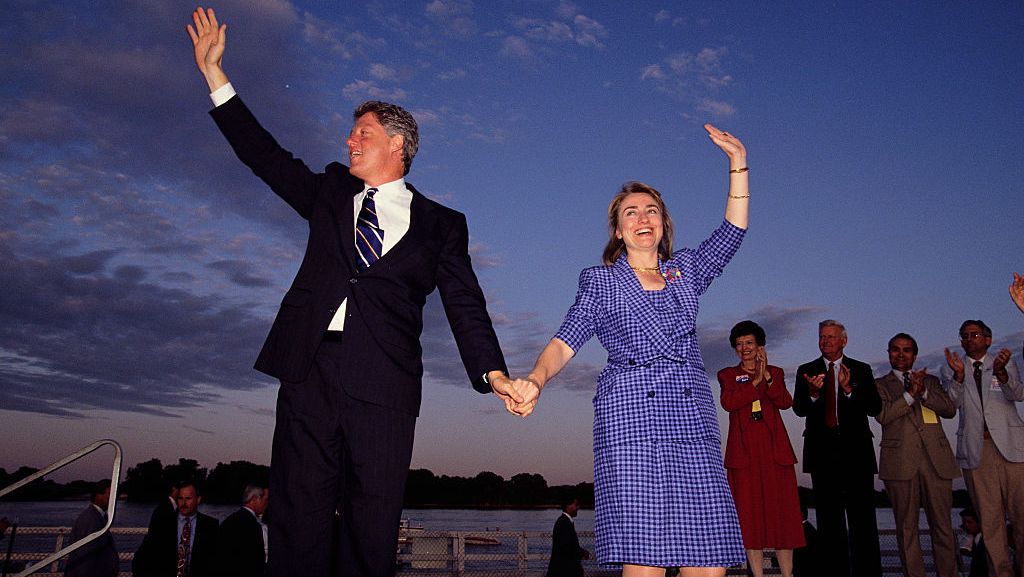
The real Hillary with her husband, Bill Clinton, during his 1992 presidential campaign.
The issue escalates as the book moves to her rise in Washington. In one scene, Rodham reflects on how, “at some level, it was if I already knew, as if I’d always known” that she’d run for president, but at no point do we actually learn what’s driven her to this goal besides that seeming inevitability. She’s fully aware of the historic nature of her candidacy, discussing her gender in interviews and brief musings, but the thrill, awe, and fear that must come with that potential are missing from these chapters.
It’s hard to say, though, how much of that distance is a flaw of the novel and how much of it is simply the uncrackable pragmatism of both the real Hillary and her fictional self. Both versions are ardent rule-followers who live their lives by a philosophy of do whatever makes the most rational sense, for themselves and for America; if Rodham’s experience makes her the most qualified person to run for office, then, well, what else is there to think about? Yet, even if the lack of access into her subject’s mind was a purposeful choice by Sittenfeld (the author declined Marie Claire’s interview request, so we can’t know for sure), the book suffers for it, frequently leaving its all-too-curious readers in the dark.
And there are numerous times when the distance between us and Rodham becomes deeply frustrating. When the character first learns of the assault allegation against Clinton, she laments how it might affect his campaign and their relationship, but she barely touches upon the emotional repercussions for both the accuser and herself. In fact, the incident doesn’t arise again until decades later, and even then, Rodham acknowledges the accuser with an indifference that hasn’t evolved over time. The same attitude applies to race; whatever feelings Rodham may have had after beating a Black female candidate for a Senate seat despite the pleas of a close friend not to run are mostly a mystery. Even her older self reflects more on the loss of the friendship than the history she stopped in its tracks. Without more insight into her mindset, Rodham paints its lead as a hypocritical feminist who fights for some women out of moral obligation, and others not at all.
Stay In The Know
Get exclusive access to fashion and beauty trends, hot-off-the-press celebrity news, and more.
The novel is unlikely to change your mind about Rodham, whether you love her or hate her—and let’s be real, if you’re reading it, you’re likely already firmly Team Hillary. Treated as a fake campaign memoir rather than an intimate look into Rodham’s mind, the book most certainly delivers. There are enough fun details (Galas! Sex scenes! Meetings with pre-2016 Trump!) and powerful takeaways to satisfy any reader. But if you’re hoping to discover the person behind the politician, you’re out of luck. “You’re awfully opinionated for a girl,” a man tells 9-year-old Rodham in a flashback; if only we got to hear some of those opinions ourselves.
For more stories like this, including celebrity news, beauty and fashion advice, savvy political commentary, and fascinating features, sign up for the Marie Claire newsletter.
RELATED STORIES
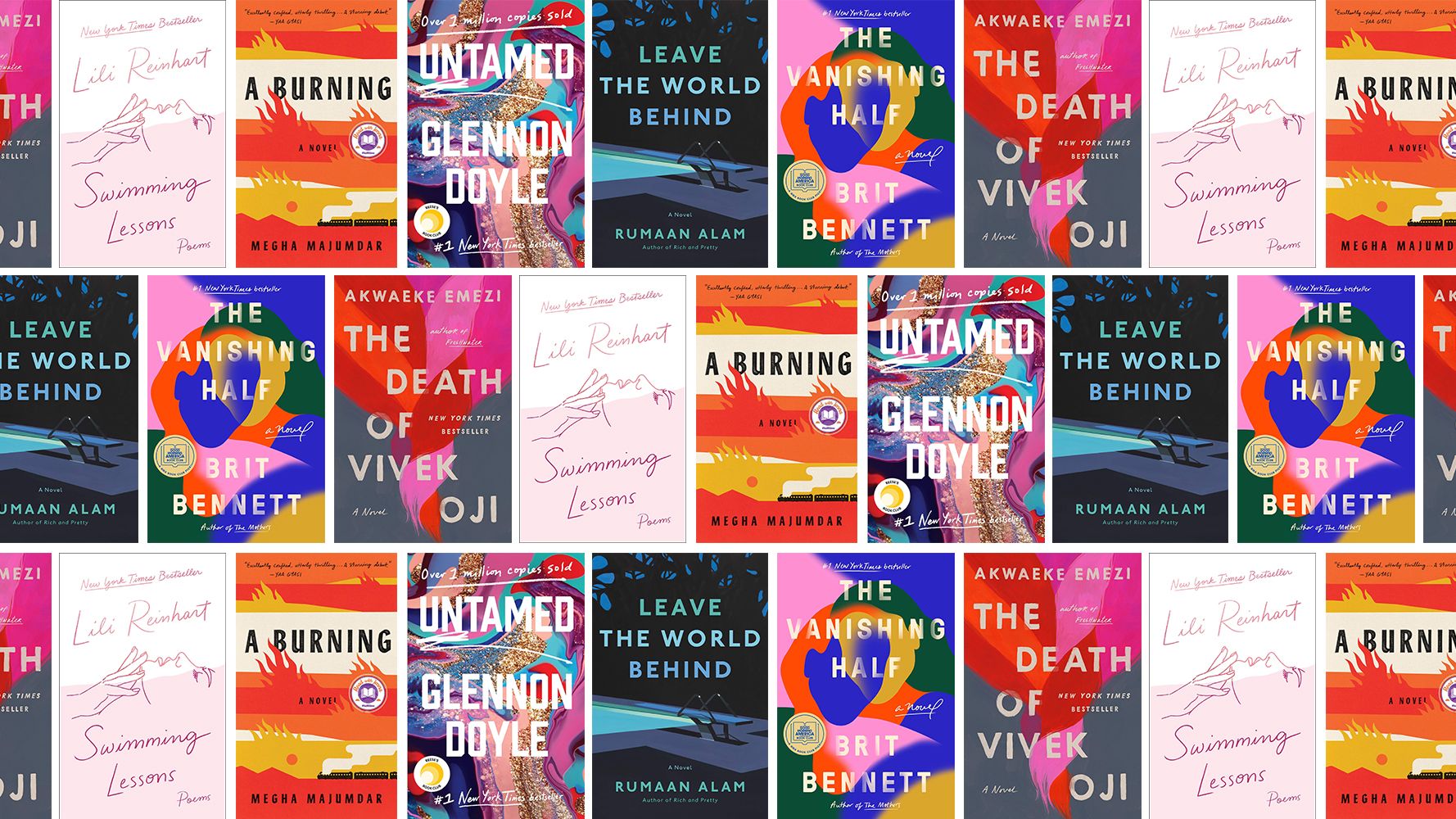
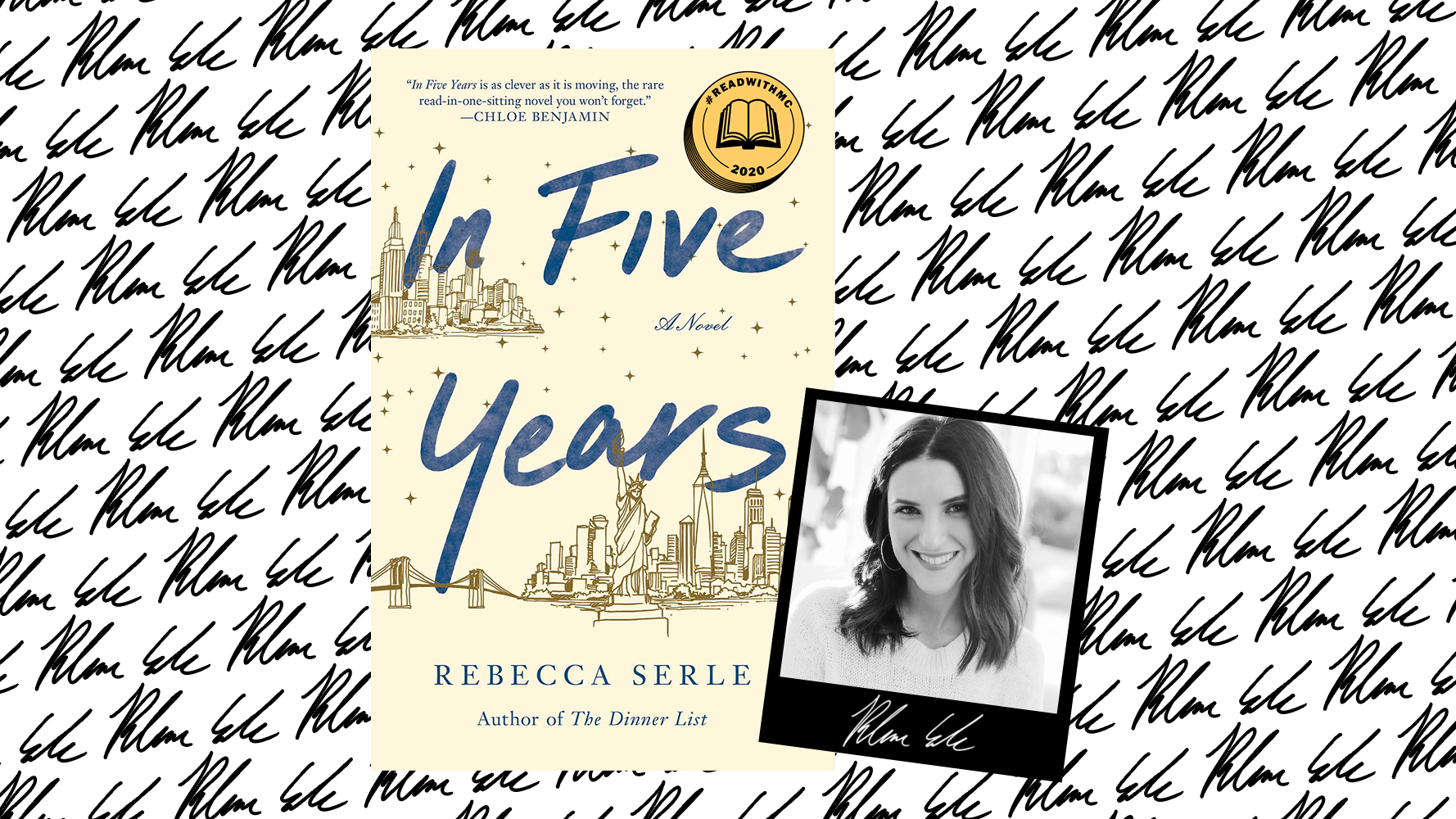
-
 Kendall Jenner Trades Her Coachella Bag for a $5,600 Tote
Kendall Jenner Trades Her Coachella Bag for a $5,600 ToteThe model took her rich-girl aesthetic all the way to the desert.
By Amy Mackelden Published
-
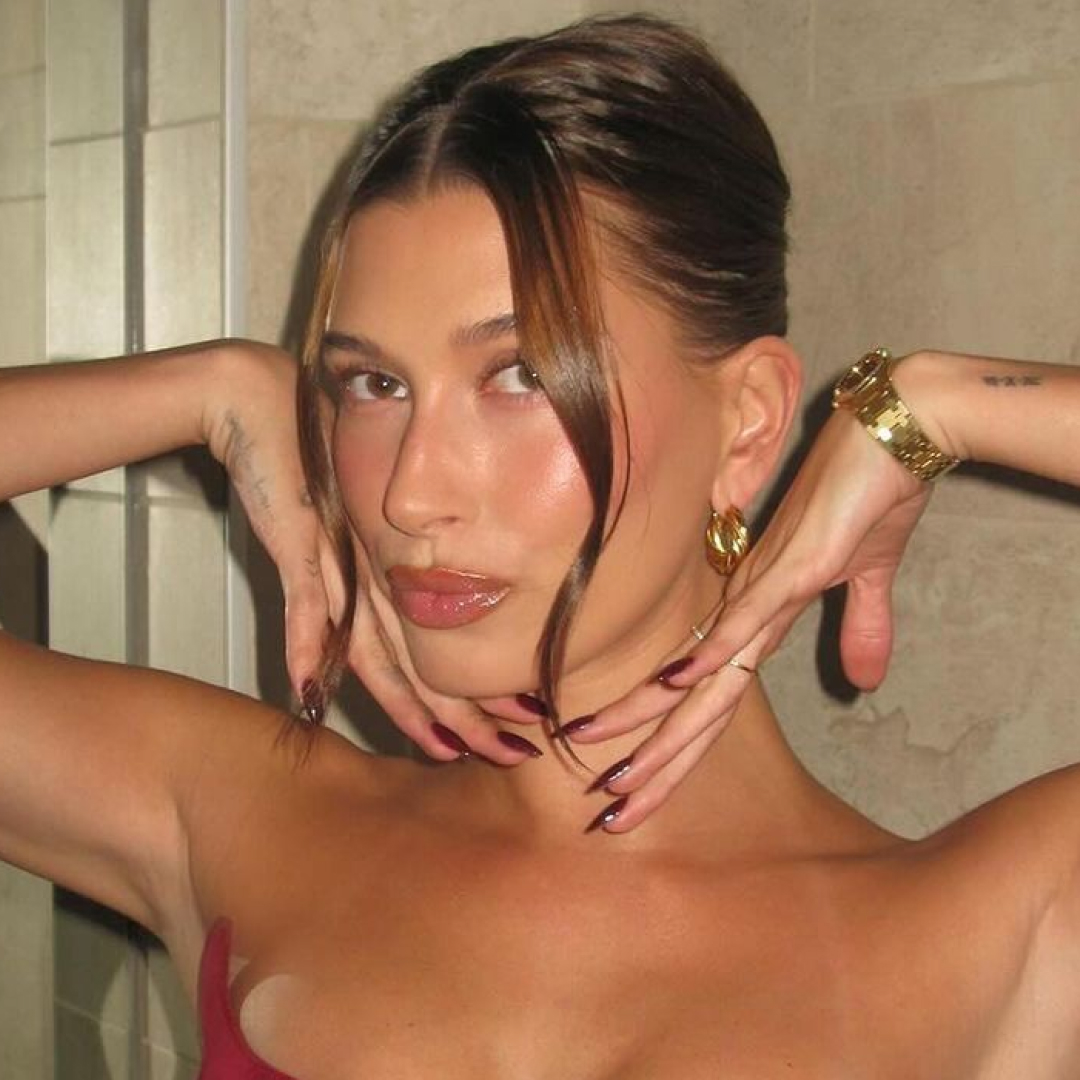 Hailey Bieber Combines Vintage Mugler With 2025's Sneaker Trend
Hailey Bieber Combines Vintage Mugler With 2025's Sneaker TrendThe model wore the perfect high-low combination for a night at the festival.
By Amy Mackelden Published
-
 Tyla's Coachella Outfit Pairs Dolce & Gabbana With Pandora
Tyla's Coachella Outfit Pairs Dolce & Gabbana With PandoraThe singer wore a gold version of the crystal bra made famous by Aaliyah.
By Amy Mackelden Published
-
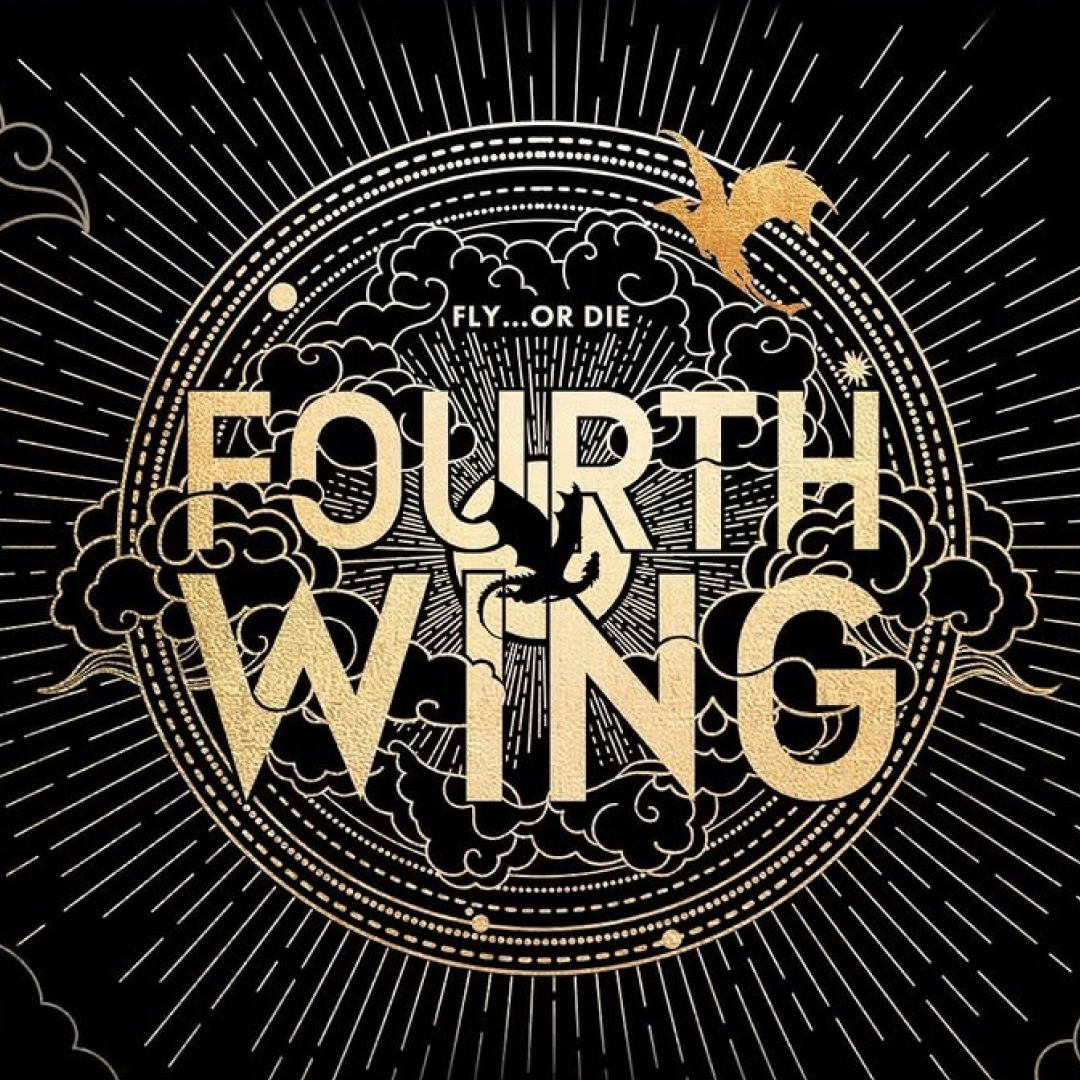 The 'Fourth Wing' TV Show: Everything We Know About the Series Adaptation
The 'Fourth Wing' TV Show: Everything We Know About the Series AdaptationRebecca Yarros's bestselling romantasy series is getting the Prime Video series treatment.
By Quinci LeGardye Last updated
-
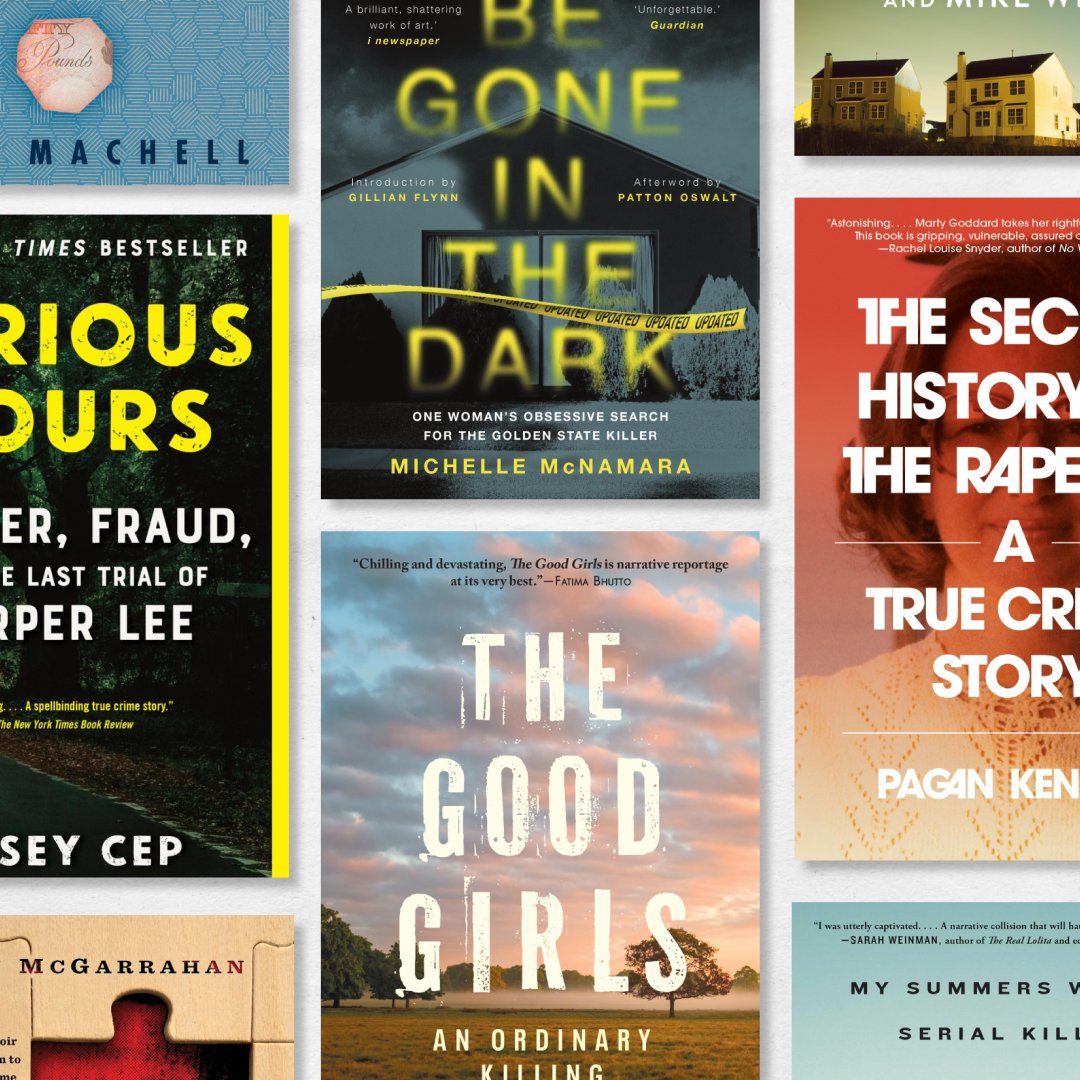 The 20 Best True Crime Books to Read in 2025
The 20 Best True Crime Books to Read in 2025These nonfiction titles and memoirs about serial killers and scammers are the definition of page-turners.
By Andrea Park Published
-
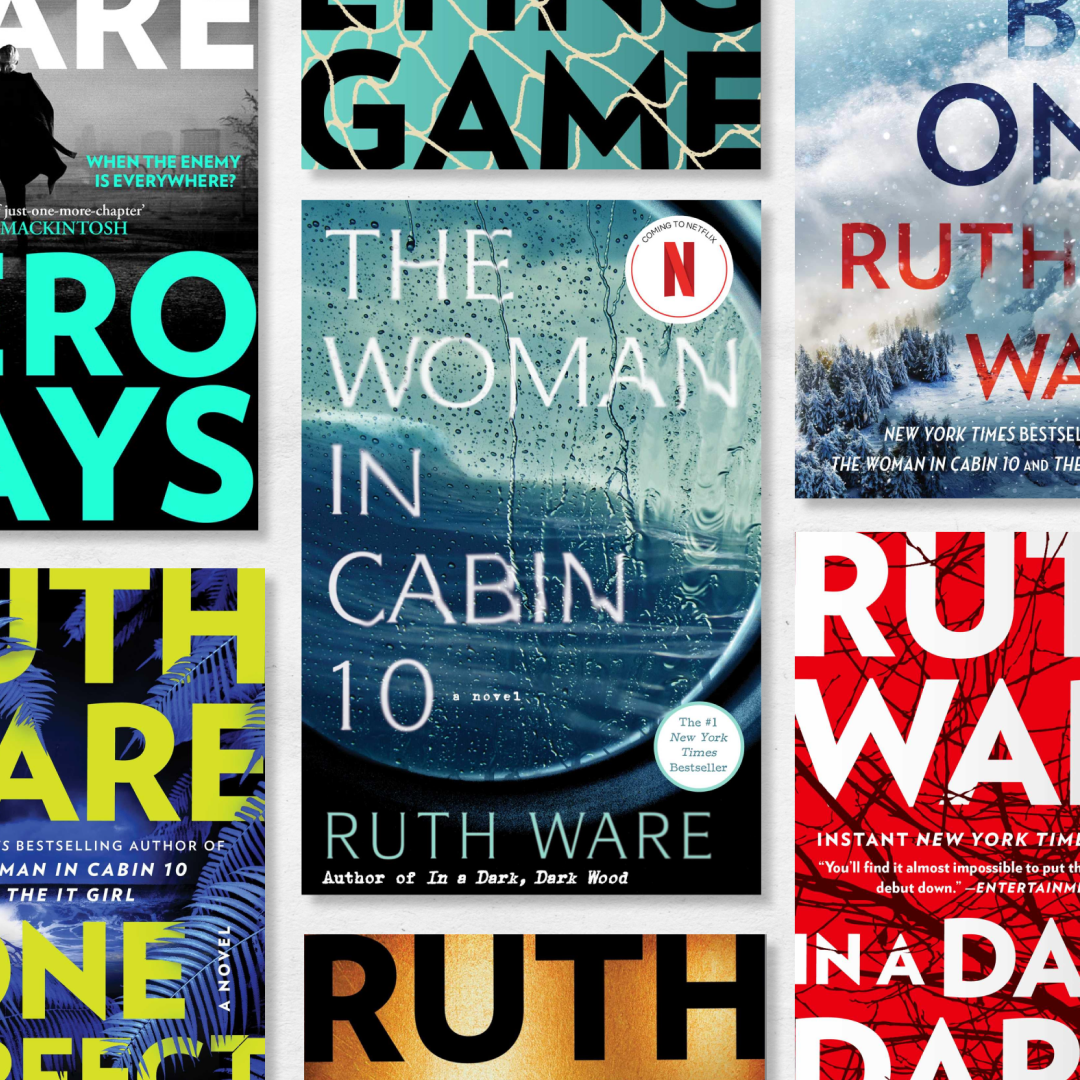 Every Ruth Ware Book, Ranked—From 'In a Dark, Dark Wood' to 'The Woman in Cabin 10'
Every Ruth Ware Book, Ranked—From 'In a Dark, Dark Wood' to 'The Woman in Cabin 10'Here's what you should read before her new thriller 'The Woman in Suite 11' hits shelves.
By Nicole Briese Published
-
 10 Books to Read for a Killer Vacation
10 Books to Read for a Killer VacationPack these novels about vacations gone very wrong on your next trip.
By Liz Doupnik Published
-
 The Melancholic Sound of Success
The Melancholic Sound of SuccessThe artist known as Japanese Breakfast opens up about finding her sound on a new album after experiencing whirlwind success.
By Sadie Bell Published
-
 Every Jennifer Weiner Novel, Ranked—From 'Good in Bed' to 'In Her Shoes'
Every Jennifer Weiner Novel, Ranked—From 'Good in Bed' to 'In Her Shoes'All hail the queen of beach reads!
By Nicole Briese Last updated
-
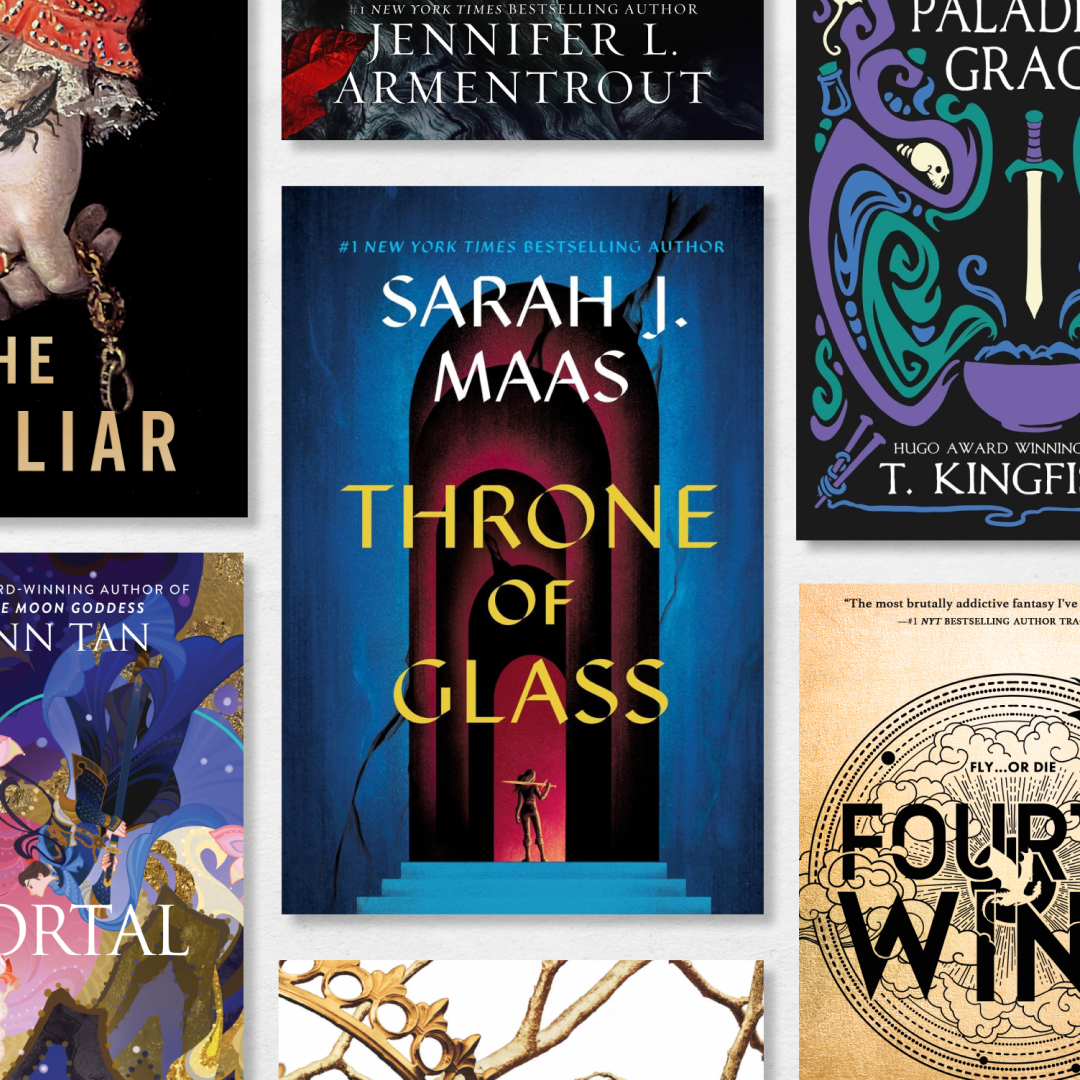 The 28 Best Romantasy Books to Read in 2025
The 28 Best Romantasy Books to Read in 2025Here's what to read when you've devoured the 'ACOTAR' and 'Empyrean' series.
By Andrea Park Published
-
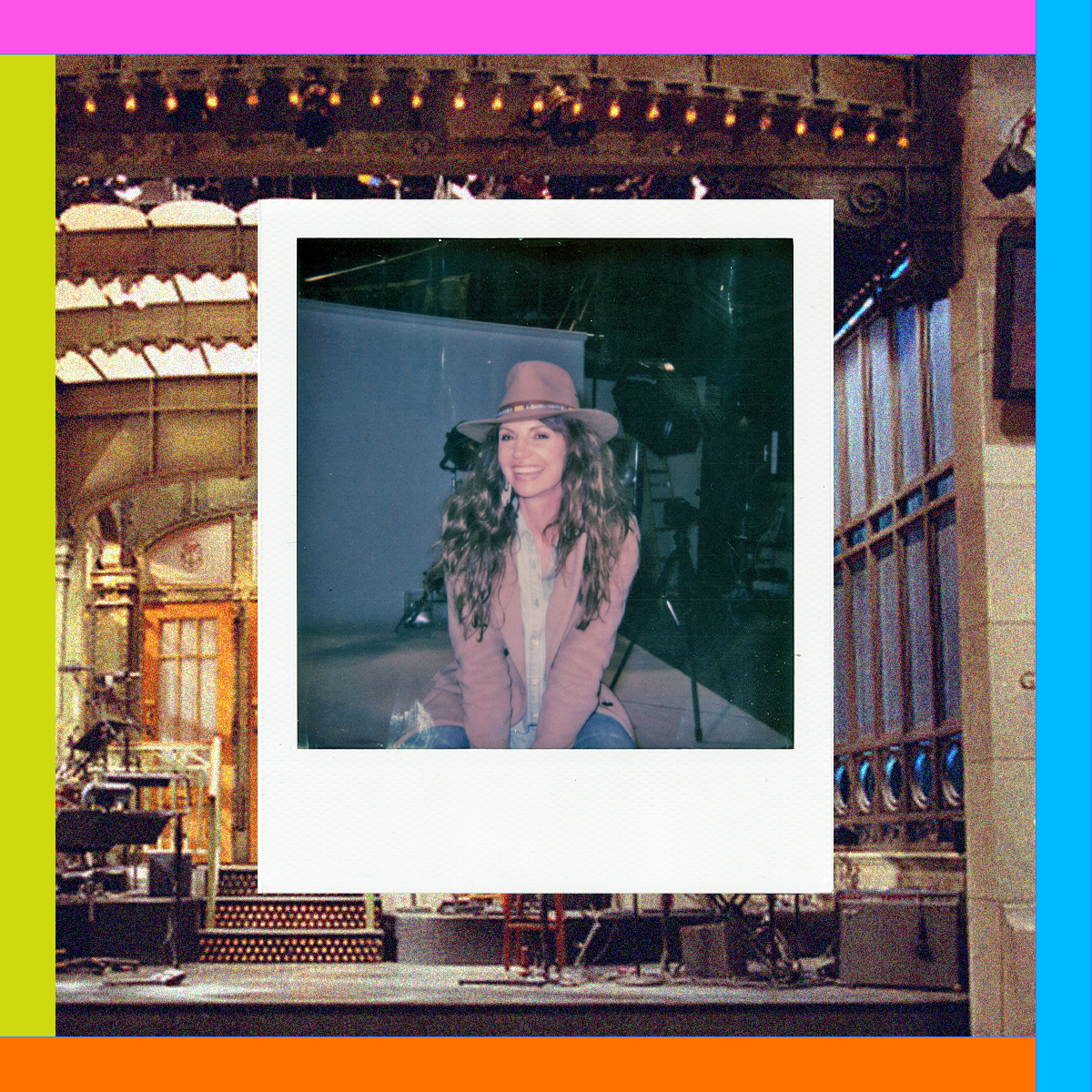 Mary Ellen Matthews Is the Woman Behind Every Portrait on 'Saturday Night Live' Since 1999
Mary Ellen Matthews Is the Woman Behind Every Portrait on 'Saturday Night Live' Since 1999The late-night show's resident photographer shares her favorite memories and insights from shooting all the talent who come through Studio 8H.
By Sadie Bell Published
